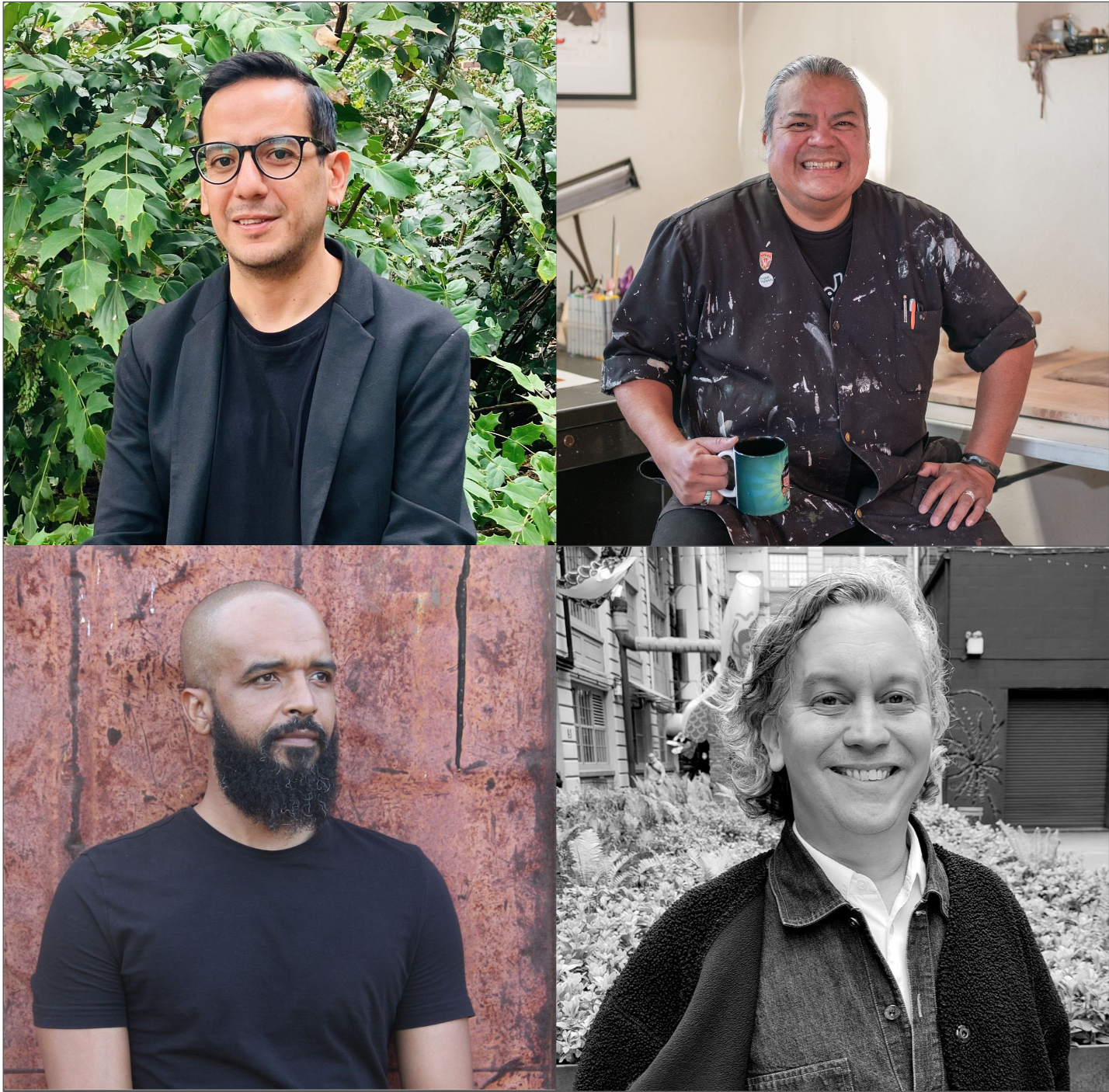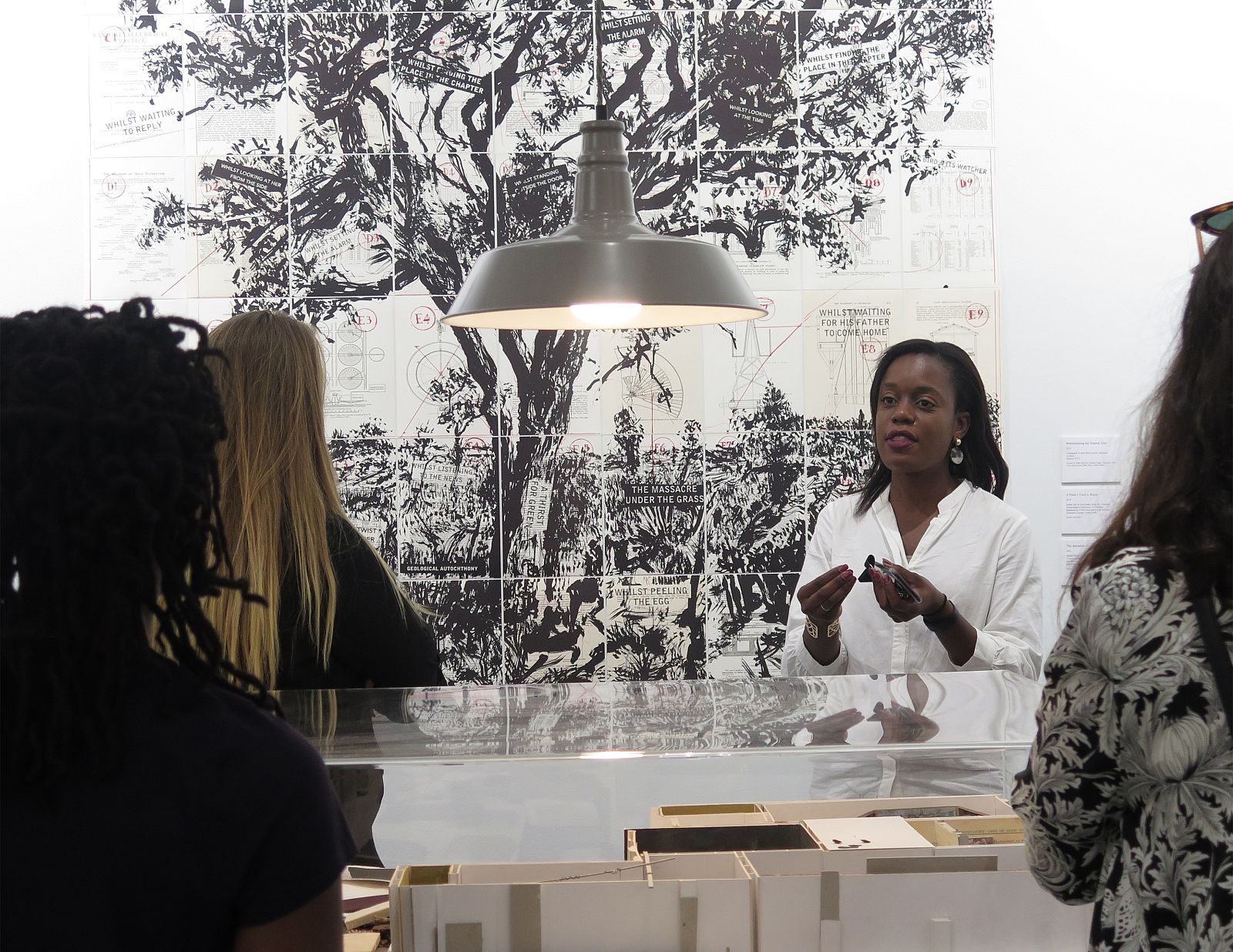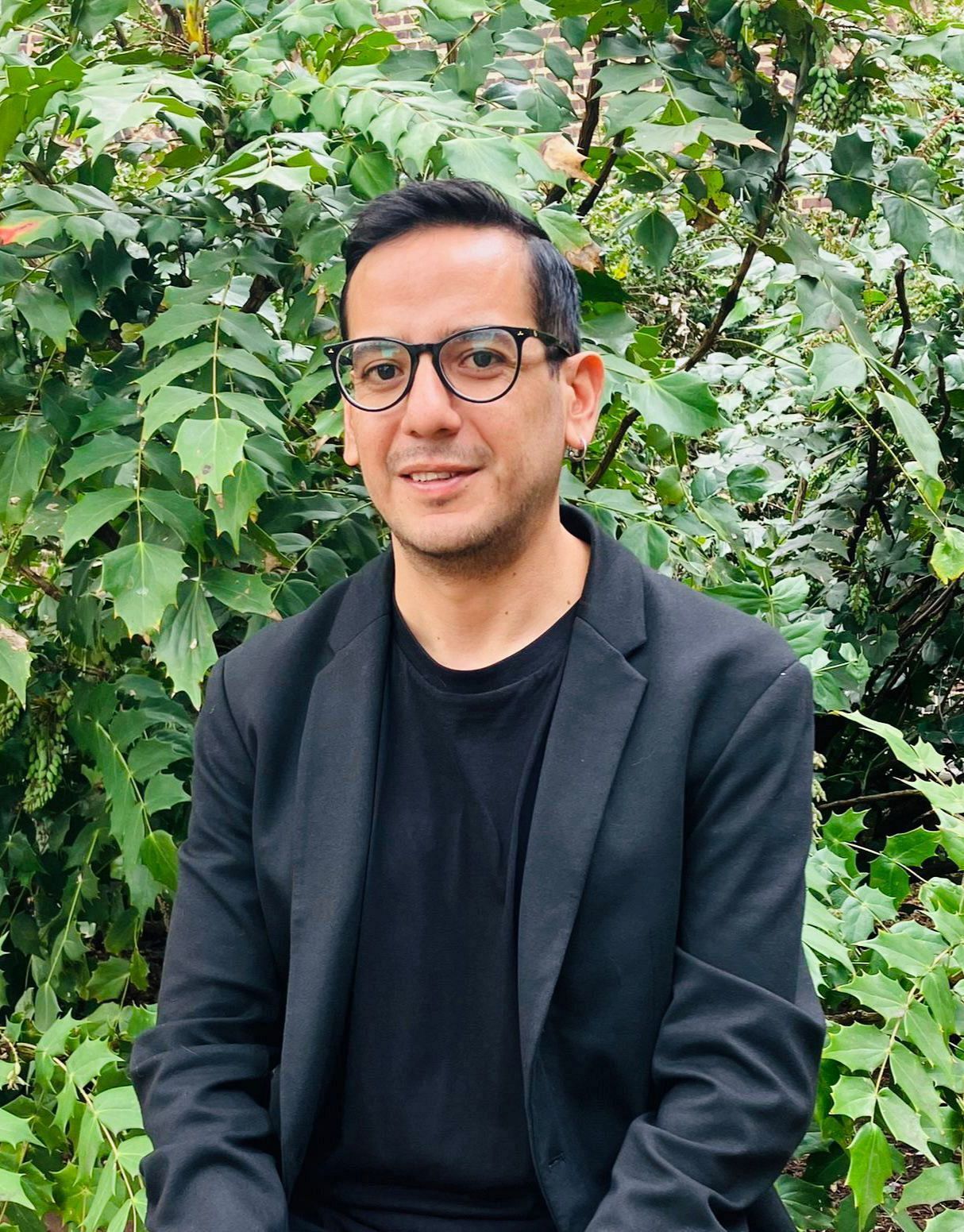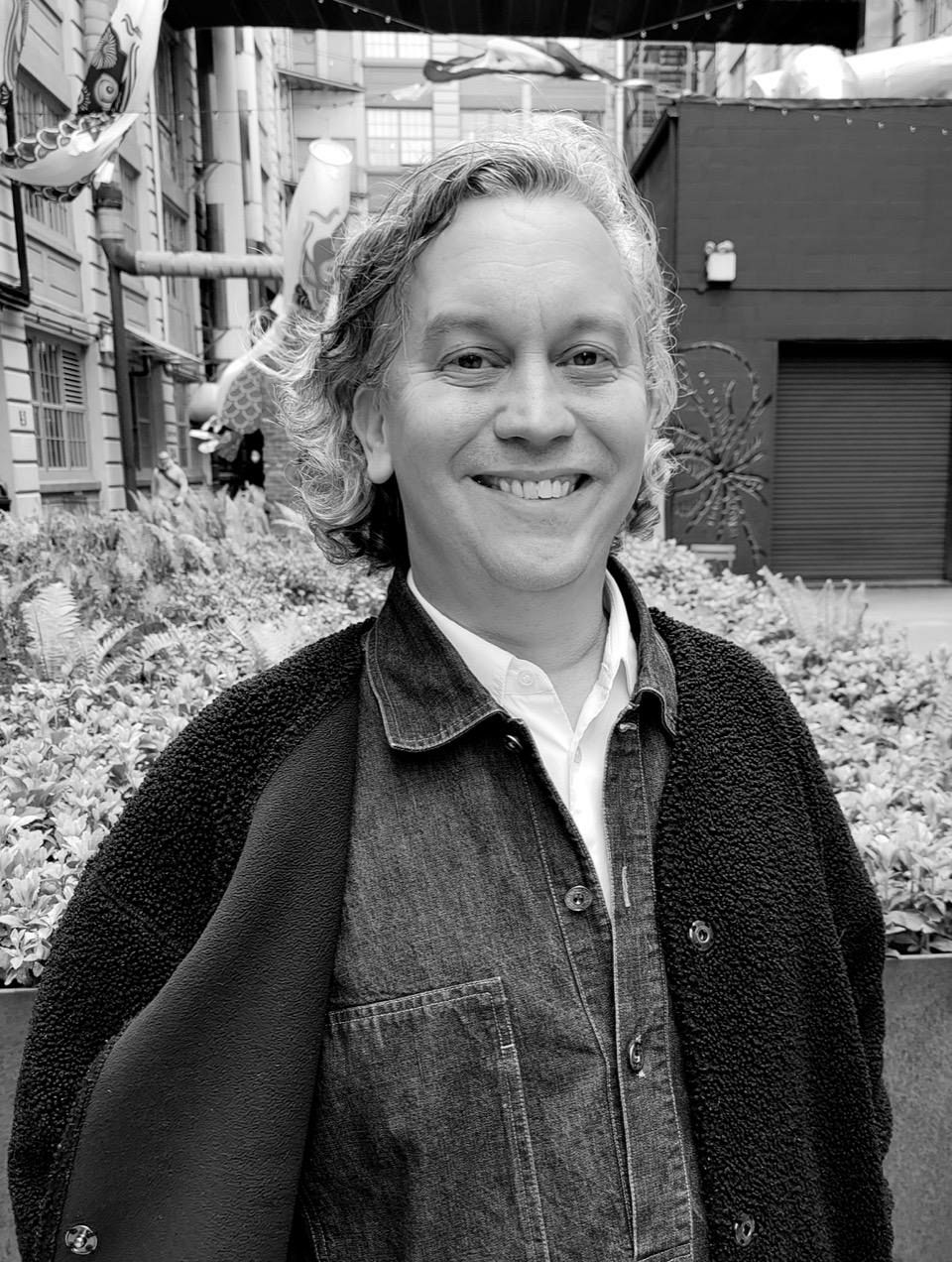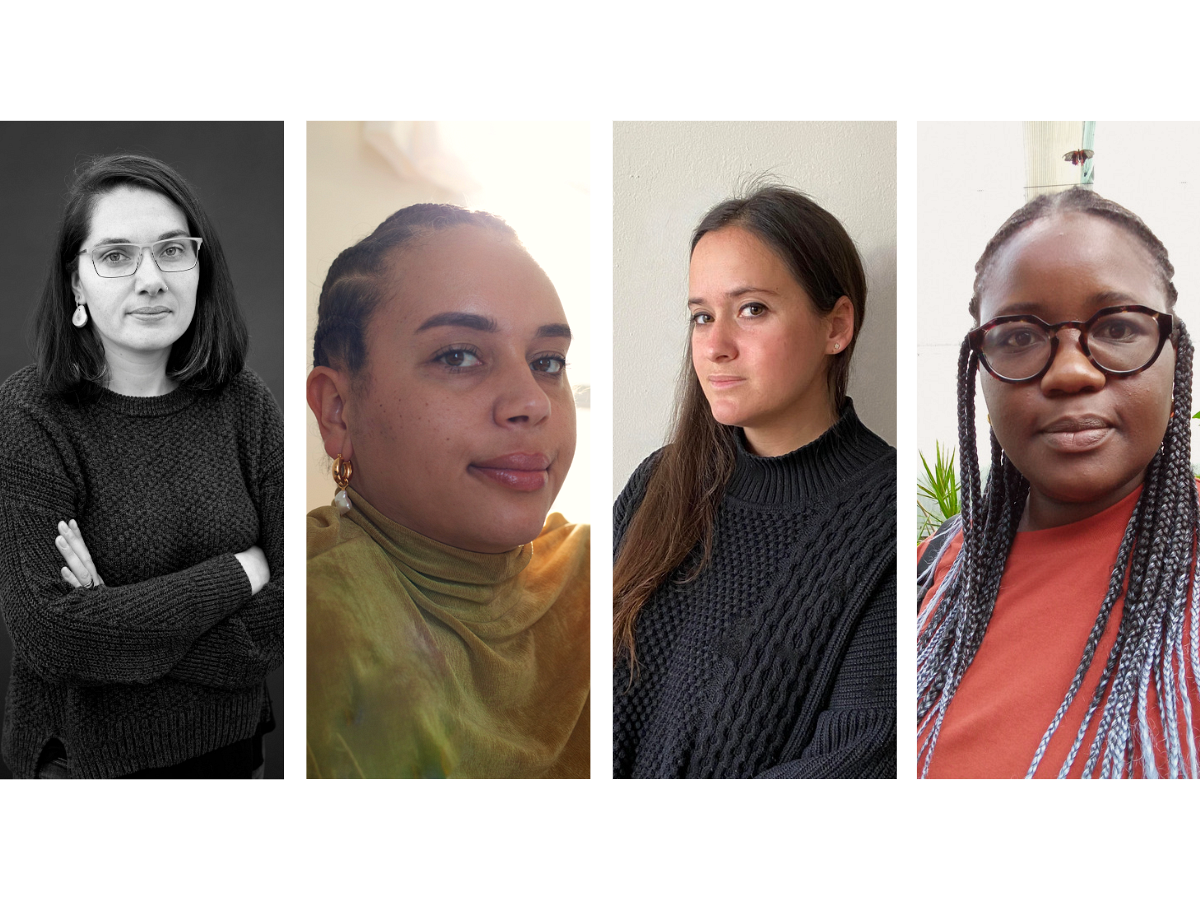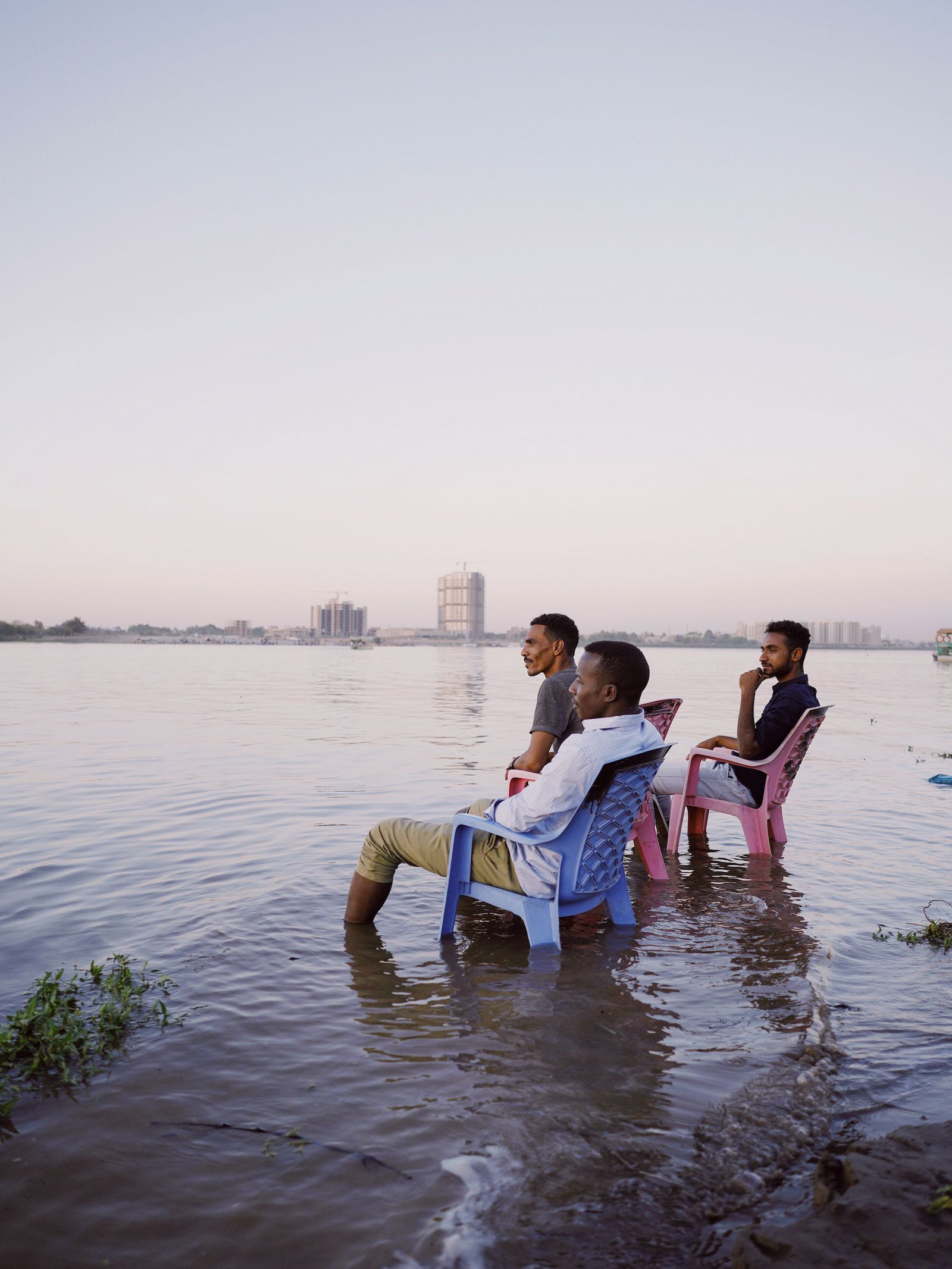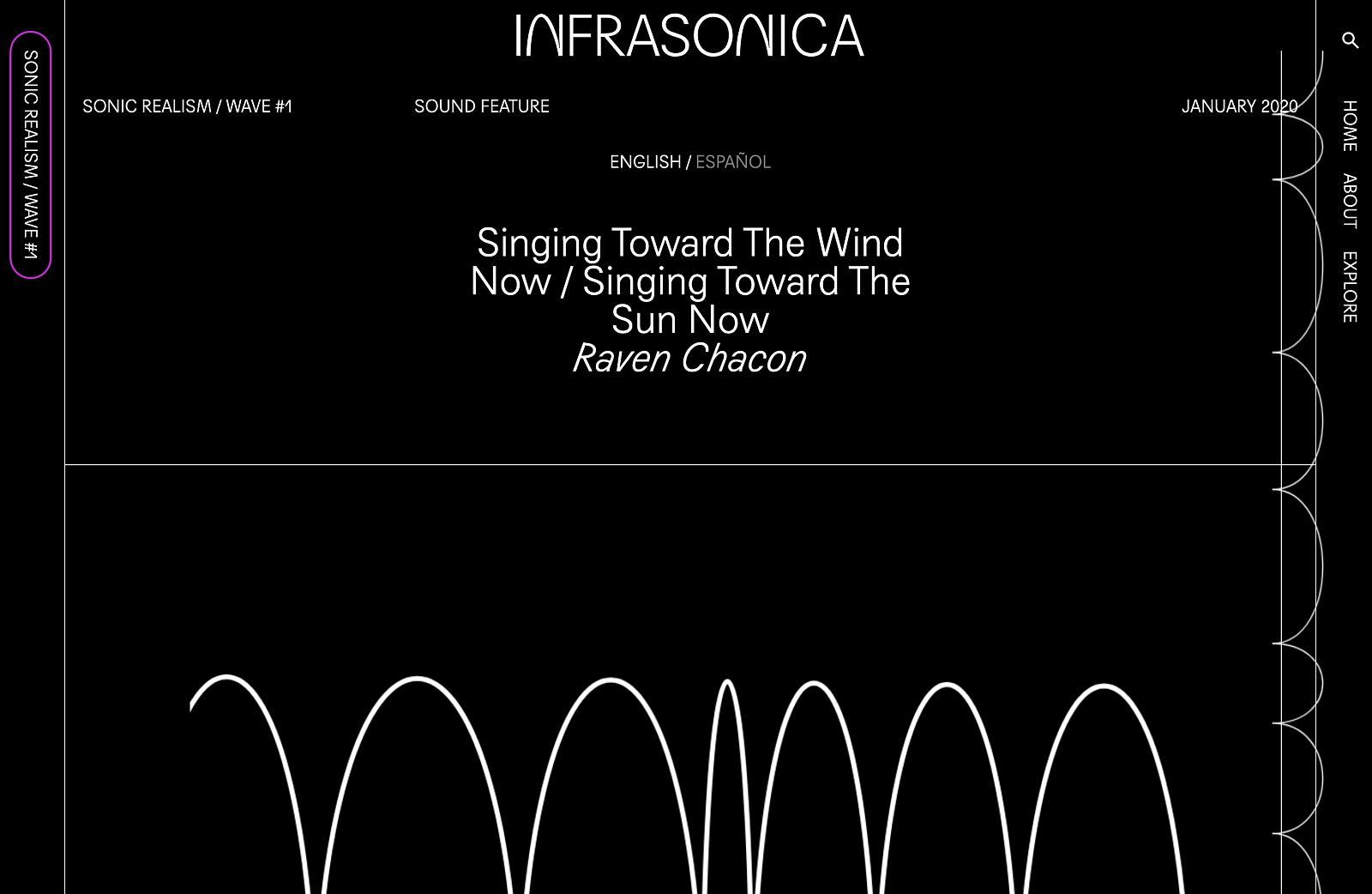ICI is thrilled to announce the 2024 cohort of Curatorial Research Fellows: Eduardo Carrera, Dean Daderko, Jason Garcia, and Irlando Ferreira!
232 curators across 38 countries and 27 states, Washington D.C., and Puerto Rico submitted applications for four Fellowship opportunities: Curatorial Research Fellowships for curators of African descent based anywhere in the world and for BIPOC curators based in the United States, both under the Marian Goodman Gallery Initiative in honor of the late Okwui Enwezor; the Indigenous Curatorial Research Fellowship; and the Mississippi River Basin Curatorial Research Fellowship.
ICI’s Curatorial Research Fellowships program reflects the organization’s commitment to the advancement of new knowledge and practices. The program supports curators’ research, travel, and the development of their professional networks, promoting experimentation, collaboration, and international engagement in the field. Conceived to foster independent research, the Fellowships offer a framework tailored to each curator’s field of critical inquiry: Fellows receive mentorship specific to their research interests, as well as $10,000 in financial support. They also have access to ICI’s international networks of collaborators and programs to create opportunities for continued learning.
This year, we are delighted to work with and support the practices of these four curators, whose timely and innovative projects are pushing the curatorial field forward.
